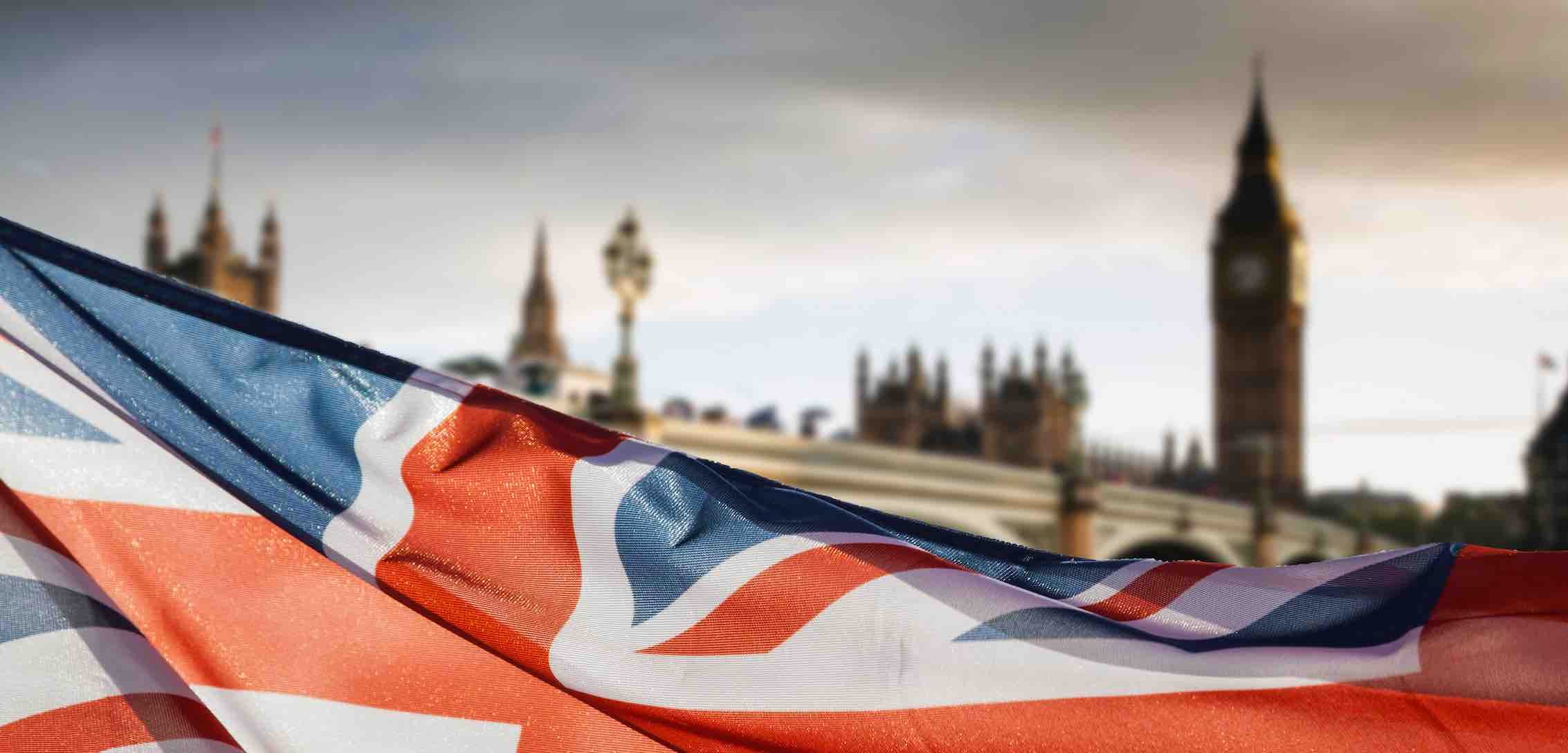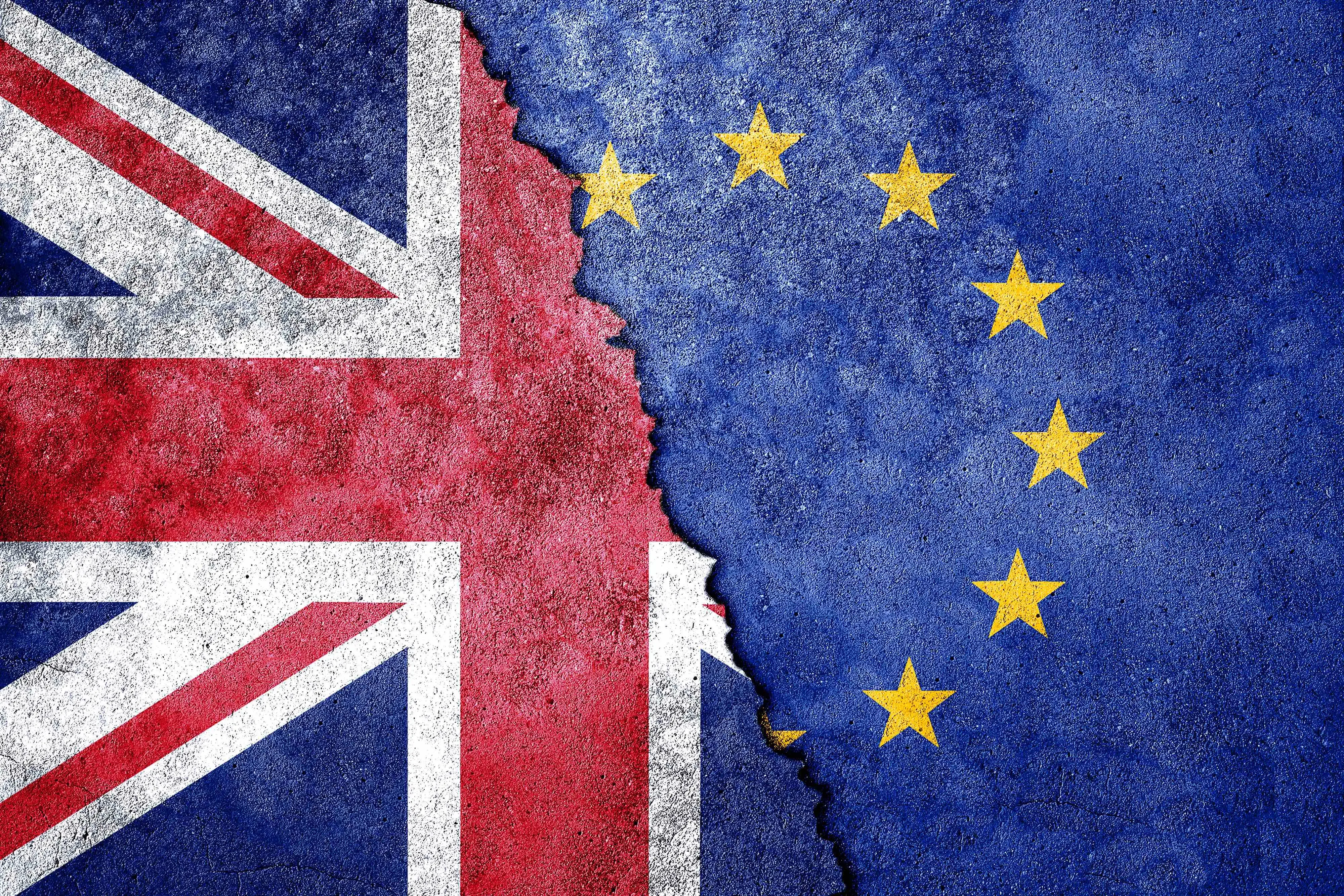What if Brexit were an opportunity?
 Emmanuel Bisi
Emmanuel BisiAuthor
Published On
If the announcement of the results of the Brexit on June 23rd has greatly shaken the various exchange rates and stock values, both in London and Paris, is an alarmist discourse in order?

Where are we today?
The process of withdrawing a member state from the European Union is governed by Article 50 of the Lisbon Treaty, which stipulates that the terms of withdrawal can only be effective after a period of two years after activation of the article.
The time for negotiations
So, a long period of negotiations seems to await us. However, specialists believe that it is unlikely that an agreement on the terms of withdrawal will be reached in just two years, given the complexity of the relationship between the two parties and the numerous bilateral agreements involved. Until then, the relationship between the United Kingdom and the European Union remains absolutely unchanged, Business as usual! The United Kingdom retains the same rights and duties vis-à-vis the European Union until the end of the year 2018, at least.
What impact?
Although it is difficult for both the European Union and France to assess the real consequences of the outcome of this referendum, it is evident that the financial markets have been impacted by this announcement, and that the pound sterling has depreciated significantly. There is no more logical consequence in an uncertain climate, despite the Bank of England being ready to inject £250 billion to mitigate this consequence.
The exit process requires a long-term vision and approach and will not be effective for several long years of negotiations. It therefore seems extreme to want to draw: 1/ the alarm signal 2/ the consequences of this exit right away. The real impact of Brexit, as we have said, will only be noticeable once the negotiations mentioned above are effective.
However, one aspect is undeniable on both sides of the English Channel, the United Kingdom and the European market are interdependent. Some figures on the volume of these exchanges are revealing.
44% of British exports go to Member States and 55% of its imports come from there! 12 billion euros: this is the first French trade surplus, and it is none other than... the United Kingdom.
In the more or less long term, therefore, this major partner should be put on track, and several scenarios are thus to be considered. Let's take a look at the countries currently orbiting the EU, with no apparent difficulties.
Norway, Switzerland, Canada & Turkey
If the Kingdom of Norway has never wished to be a member of the European Union in order to maintain a certain sovereignty and also to protect its abundant natural resources, it is nonetheless a faithful partner. A member of the EEA (European Economic Area) since 1994, Norway has thus been able to guarantee the free movement of goods, services, capital, and people to develop commercial links with EU members, while preserving its sovereignty in terms of fishing and customs duties.
Norway is also a signatory to the Schengen Agreement, which allows it to eliminate border controls with other members. In short, although not a member, Norway seems much more integrated than its simple condition of a satellite of the European Union would suggest.
The case of Switzerland is also interesting. The country maintains close relations with the EU at economic, political, and cultural levels thanks to a set of bilateral agreements (Europol, ALE, Euratom, AED, Galileo, etc.)
Canada, a signatory of the Comprehensive Economic and Trade Agreement, also has privileged access to the European market concerning products and services, investment, public procurement, and regulatory cooperation. Finally, Turkey is also one of the countries maintaining "privileged" relations with the members with free access to the European market for goods only and not services. As many different models as there are countries, therefore.
What to do?
The "transition" period in which we are currently, although presented as chaotic, is therefore not so much so. Many will favor a wait-and-see attitude, and those who are well-inspired will be proactive.
The United Kingdom is and will always be a crucial partner for the European Union and France. For their own interests, France and the European Union cannot wish for anything other than a strong United Kingdom, and vice versa. Knowing how to exploit this period, which seems much more stable than one wants to describe it and whose exit process will require many years of negotiations, therefore seems to be a great opportunity for companies that are aware of it.
Expandys, a specialist in supporting companies in the British market for 15 years, has supported the activities of more than 300 clients across the Channel and can support you in your internationalization efforts.





